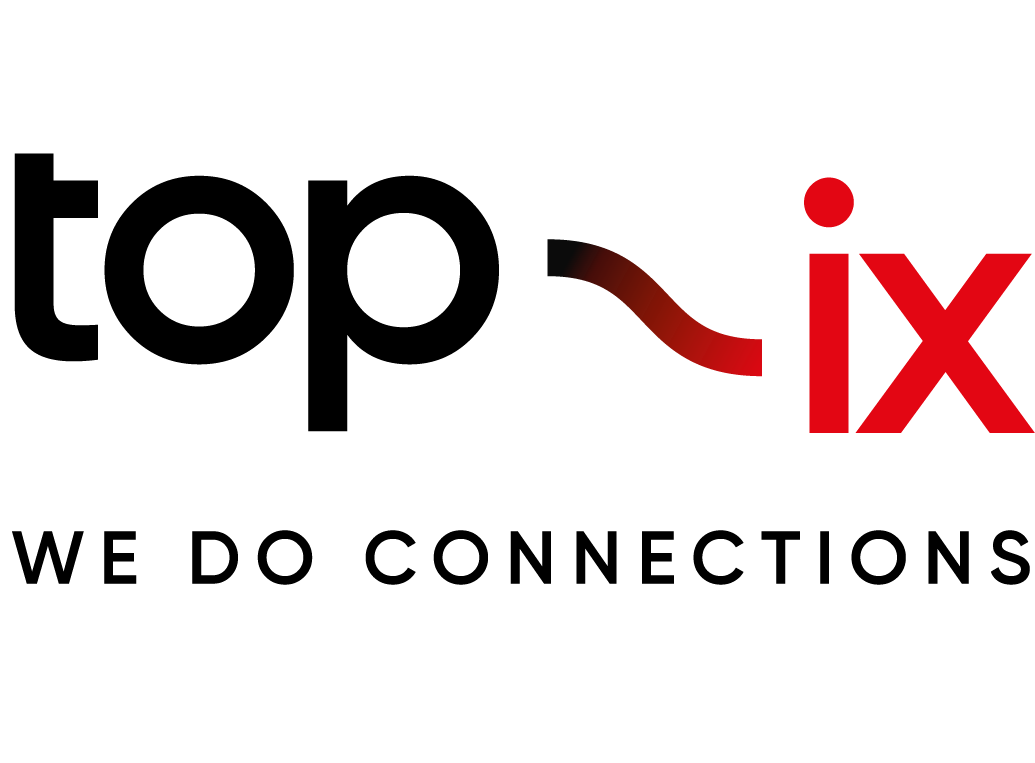TOP-IX, as a member of european association of Internet Exchanges (Euro-IX), forwards Euro-IX Executive Committee Position Statement about Review of the International Telecommunication Regulations (ITRs) discussed on next World Conference on International Telecomunications (WCIT-12) in Dubai.
Introduction
The International Telecommunication Regulations (ITRs) were established in 1988. Signed by 178 countries, they are a global treaty applied around the world. Among other telecommunication aspects, they define how operators compensate each other for terminating international voice calls. [1]
In December 2012, the ITU’s (International Telecommunication Union) [2] World Conference on International Telecommunications (WCIT-12) [3] will consider a review of the ITRs. The outcome is expected to become a new treaty, which will help to define the international regulatory environment for the Internet and telecommunications for many years to come. Admitted to the conference are delegations of national governments of the Member States, representatives of Sector Members concerned, and, in an advisory role, observers from certain organizations. [4] Only duly accredited delegations of Member States have the right to vote (one vote per delegation).
Certain proposals for amendments to the 1988 ITRs hint at an intention to consider the Internet as a logical extension to the ITU jurisdiction and, if adopted, may have a negative impact on the success of the Internet. The Euro-IX Executive Committee strongly believes changes to the ITRs should only be adopted, if they will not at all undermine its success.
Euro-IX Executive Committee Position Statement on the Review of the ITRs
To ensure the open, competitive and innovative nature of the Internet in the future, the Euro-IX Executive Committee:
Invites the Euro-IX members to urge the representatives of their national governments who will attend the treaty conference to follow a course of action that ensures: [5]
• The ITRs remain a principle-based, high-level, flexible and technology-neutral treaty
• The ITRs’ principles comply with the EU acquis and policies and do not impose additional obligations upon operators
• The scope of the ITRs remains limited to telecommunications and does not extend to ICT/Internet
• Content issues, data protection and privacy remain outside the remit of the ITRs
• The role of the ITRs concerning cyber-security and cyber-crime be limited to endeavor the promotion of international cooperation amongst ITU countries
• The ITRs refrain from granting the ITU regulatory powers, or making the ITU a dispute resolution forum
• The ITRs refrain from making ITU recommendations binding
• The ITRs embrace the multi-stakeholders’ mechanism
• The ITRs promote pro-competitive, market-driven principles for telecommunication services
• The ITRs avoid fragmenting the Internet by regulating Internet peering, routing, IP address allocation and IP based QoS (Quality of Service)
• The ITRs should not seek to replace the Internet’s interconnection model of voluntarily agreed peering and transit with the regulated “call termination settlement” model used in international telephony
– Encourages the Euro-IX members to raise this topic with the members (customers, participants) of their exchange points.
With this position, the Euro-IX Executive Committee follows an attitude that has been adopted as well by other bodies, among them the Internet Society (ISOC) [6] and the European Internet Services Providers Association (EuroISPA). [7]
1) The current Members of the Euro-IX Executive Committee (“Board“) are: Luca Cicchelli / TOP-IX, Ondrej Filip / NIX.CZ, Kurt Erik Lindqvist / Netnod, Arnold Nipper / DE-CIX, Ludwig Pregernig, John Souter / LINX, Job Witteman / AMS-IX.
References
• [1] ITU, “International Telecommunication Regulations,” Melbourne (WATTC-88), ISBN 92-61-03921-9
• [2] The International Telecommunication Union (ITU) is the UN’s specialized agency for information and communication technologies
• [3] World Conference on International Telecommunications (WCIT-12), 3 – 14 December 2012, Dubai, United Arab Emirates
• [4] WCIT-12 Participation
• [5] Source of the list: EuroISPA
• [6] Internet Society (ISOC)
• [7] European Internet Services Providers Association (EuroISPA)
Suggested reading
• Example of a controversial document: ETNO (The European Telecommunications Network Operators’ Association) Paper on Contribution to WCIT
• Example of a reply to a controversial document: US Ambassador Kennard’s speech at the FR ETNO conference
